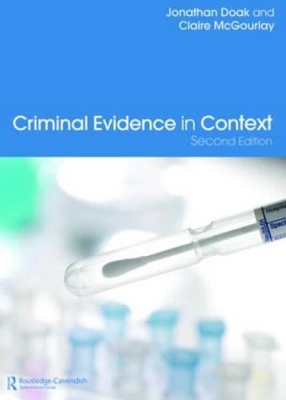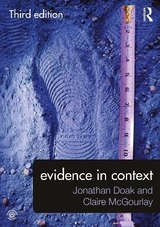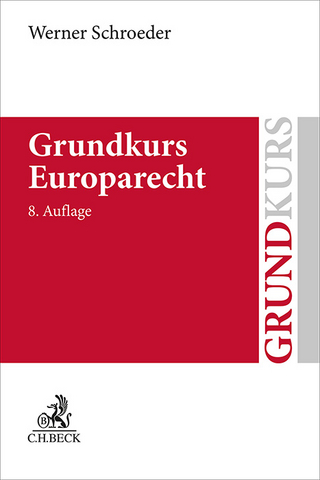
Criminal Evidence in Context
Seiten
2008
|
2nd New edition
Routledge Cavendish (Verlag)
978-0-415-45849-8 (ISBN)
Routledge Cavendish (Verlag)
978-0-415-45849-8 (ISBN)
- Titel erscheint in neuer Auflage
- Artikel merken
Zu diesem Artikel existiert eine Nachauflage
Explains the key concepts of evidence law in England and Wales, set against the backdrop of the broader political and theoretical contexts. This work provides an explanation as to how and why the law has developed as it has. It includes chapters on the privilege of non-incrimination; improperly-obtained evidence; and, expert evidence.
Criminal Evidence in Context explains the key concepts of evidence law in England and Wales clearly and concisely, set against the backdrop of the broader political and theoretical contexts. It informs students of the major debates within the field, providing an explanation as to how and why the law has developed as it has.
This second edition has been thoroughly revised and updated to take into account recent developments in the law and the considerable amount of case law that has emerged since publication of the previous edition. It includes new chapters on the privilege of non-incrimination; improperly-obtained evidence; and expert evidence.
Each chapter contains a range of pedagogical tools including key points, self-test questions and advice on further reading. Diagrams, flowcharts and bullet points make this text easy to follow and clarify complex and important topics.
Criminal Evidence in Context explains the key concepts of evidence law in England and Wales clearly and concisely, set against the backdrop of the broader political and theoretical contexts. It informs students of the major debates within the field, providing an explanation as to how and why the law has developed as it has.
This second edition has been thoroughly revised and updated to take into account recent developments in the law and the considerable amount of case law that has emerged since publication of the previous edition. It includes new chapters on the privilege of non-incrimination; improperly-obtained evidence; and expert evidence.
Each chapter contains a range of pedagogical tools including key points, self-test questions and advice on further reading. Diagrams, flowcharts and bullet points make this text easy to follow and clarify complex and important topics.
Dr Jonathan Doak is a Reader in Law at Nottingham Trent University. He has published in the fields of criminal evidence, victimology, and restorative justice. Dr Claire McGourlay is a Lecturer in Law at the University of Sheffield where she teaches Criminal Evidence and Criminal Law. Her research focuses on plea negotiation, particularly sentence discounts and cracked trials, and criminal evidence.
1. Introduction to Criminal Evidence 2. The Principle of Orality 3. The Burden of Proof 4. The Privilege Against Self-Incrimination 5. Examination and Cross-Examination 6. Evidence of Character 7. Hearsay Evidence 8. Confessions 9. Improperly Obtained Evidence 10. Opinion Evidence
| Erscheint lt. Verlag | 8.8.2008 |
|---|---|
| Zusatzinfo | 5 Tables, black and white |
| Verlagsort | London |
| Sprache | englisch |
| Maße | 174 x 246 mm |
| Gewicht | 680 g |
| Themenwelt | Recht / Steuern ► EU / Internationales Recht |
| Recht / Steuern ► Strafrecht | |
| ISBN-10 | 0-415-45849-8 / 0415458498 |
| ISBN-13 | 978-0-415-45849-8 / 9780415458498 |
| Zustand | Neuware |
| Haben Sie eine Frage zum Produkt? |
Mehr entdecken
aus dem Bereich
aus dem Bereich
Vertrag über die Europäische Union, Vertrag über die Arbeitsweise der …
Buch | Softcover (2024)
dtv Verlagsgesellschaft
CHF 22,25



